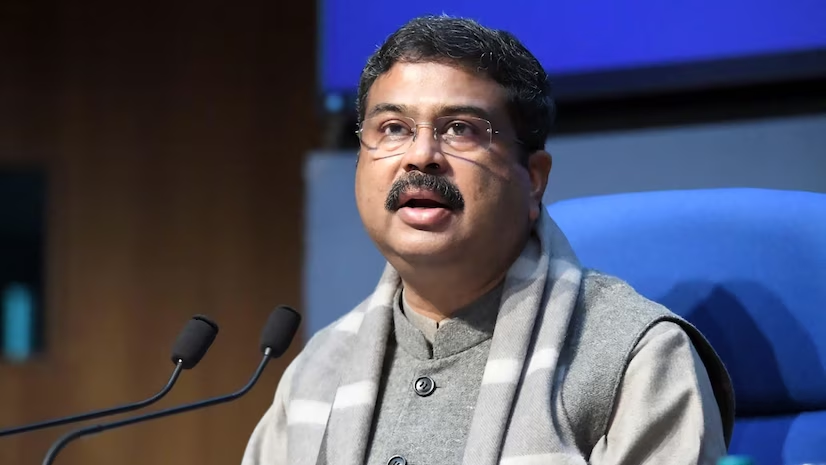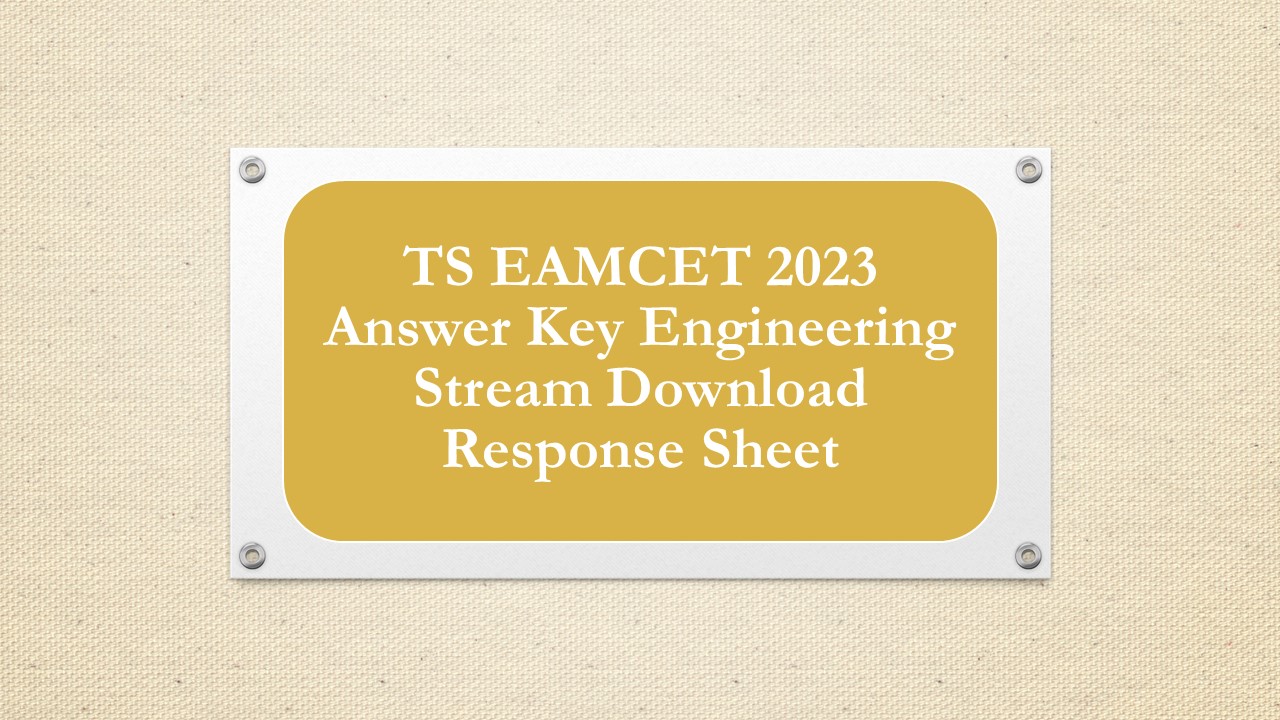
NEET UG: The National Eligibility cum Entrance Test for Undergraduate (NEET-UG), one of the most significant entrance exams in India for medical college admissions, is set to undergo a transformative shift.
Union Education Minister Dharmendra Pradhan has recently indicated that the exam is likely moving toward a NEET UG Computer-Based Test (CBT) format, a change that could streamline the examination process and enhance its security.
The potential transition to a computer-based format is part of the government’s efforts to address longstanding concerns about the security of the NEET exam.
The move follows the establishment of the Radhakrishnan Committee, which was set up to investigate allegations of paper leaks and irregularities in NEET exam procedures.
The committee’s key recommendation involves a phased shift from traditional paper-based exams to online testing, aiming to mitigate the security risks that come with physical paper handling.
The committee has proposed several strategies, including a hybrid model, where the NEET question papers would be digitally transmitted to exam centers while students would continue to write their answers on paper.
This model aims to reduce the physical handling of question papers, cutting down vulnerabilities in the printing, storage, and transportation stages of the exam process.
Moving Towards a Computer-Based Test
In an exclusive interview with The Times of India (TOI), Pradhan emphasized that the transition to a computer-based test is being discussed in consultation with multiple stakeholders, including the Ministry of Health and the National Testing Agency (NTA), which is responsible for conducting NEET exams.
A newly formed third-party monitoring group, led by former Indian Space Research Organisation (ISRO) chief K. Radhakrishnan, has also been tasked with overseeing the process to ensure transparency and accountability.
Pradhan confirmed that deliberations with the Ministry of Health and other bodies were ongoing, with the objective of moving towards a computer-based test (CBT). He explained, “We have two ways of conducting the test – paper-based and computer-based. Based on consultation and deliberations with the ministry, the committee, and NTA, we are in all likelihood moving towards CBT.”
This statement marks a significant step forward in the ongoing reform of the NEET exam, especially given the challenges the paper-based format has faced in terms of security and logistics.
Addressing Security Concerns with Technology
One of the primary motivations behind the shift to a computer-based test is to enhance the security of the exam process. Paper-based exams, which require printing, storing, and transporting large quantities of sensitive materials, have always posed significant risks in terms of paper leaks and malpractice.
By transitioning to a NEET UG computer-based test (CBT), these risks can be minimized, as all aspects of the exam – from question paper delivery to answer recording – would be handled digitally.
The Radhakrishnan Committee’s proposed hybrid model also aims to address security concerns while maintaining the integrity of the examination.
This model involves digital transmission of question papers to examination centers, while students write their answers on paper.
This hybrid approach reduces the physical handling of the question paper, eliminating vulnerabilities associated with printing and transportation.
Ensuring Transparency and Accountability
To ensure the success of this transition, the government has established a monitoring group that will continuously advise and oversee the activities of the NTA.
The group, led by K. Radhakrishnan, will function as an independent third-party watchdog to ensure that the entire exam process is transparent, fair, and efficient.
This oversight is crucial, given the high stakes involved in the NEET exam, where millions of students from across the country vie for limited spots in medical colleges.
A smooth, secure, and transparent examination process is essential to maintaining the credibility of the system.
The Role of Stakeholders in the Transition
The Ministry of Health plays a significant role in the NEET exam process, as it is the primary client for the test, responsible for regulating medical admissions in India.
As part of the ongoing discussions, the Ministry is being consulted to provide its input on the transition to a computer-based test. This collaborative approach ensures that all relevant stakeholders are involved in shaping the future of NEET-UG.

























